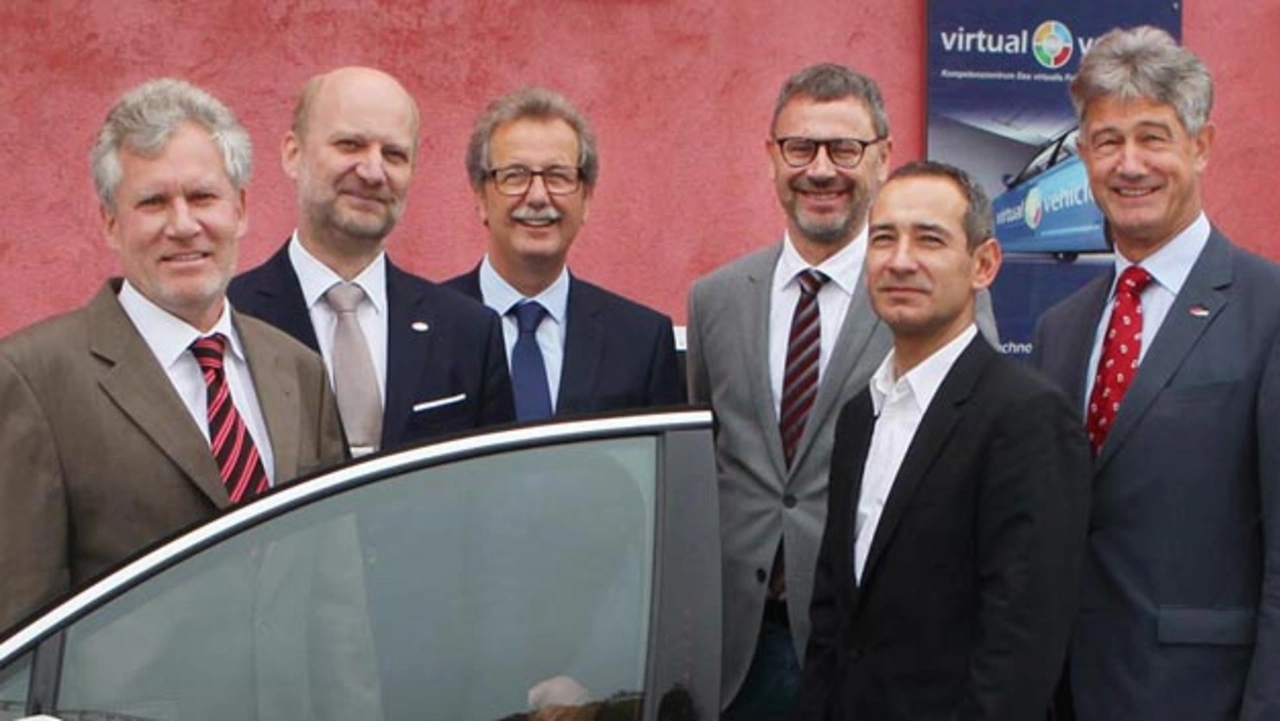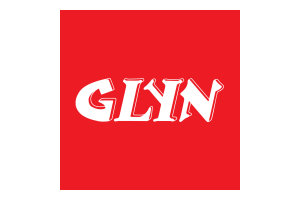Think Tank for Digital Mobility
New Shareholders for R&D Centre in Graz
Infineon and Voestalpine participate in Virtual Vehicle Research GmbH, the R&D Center for the Automotive and Railway Industries. This brings the number of shareholders in the think tank to seven.
In the course of a capital increase, Infineon and Voestalpine acquire a stake in Virtual Vehicle Research GmbH - an R&D center for the automotive and railway industries based in Graz, Austria. This means that the number of shareholders – TU Graz, AVL, Magna, Siemens and Joanneum Research – will increase by two. Both new shareholders will hold eight percent of the shares in the future.
Jost Bernasch, Managing Director of the Virtual Vehicle Research Center: »With Infineon and Voestalpine as new shareholders anchored in Austria, we are strengthening our international network for cutting-edge research and deepening our joint expertise. Infineon plays a leading role in sensor technology and innovative computing platforms for automated and autonomous vehicles. Voestalpine Railway Systems is the market leader in system solutions for railway infrastructure, with unique expertise in materials and process research. Together, we are working on high-tech solutions for a globally converging vehicle and digital industry from home«.
From the Sensor to the Turnout

Both Infineon and Voestalpine have already collaborated on numerous projects with the Virtual Vehicle R&D Center. Stefan Rohringer, Vice President Technology Infineon Technologies Austria and Head of the Infineon Development Center Graz: »The participation in the Virtual Vehicle is an important strategic step. nfineon is working intensively on microelectronic solutions for the mobility of the future, such as automated and autonomous driving. For Infineon, information at the level of overall vehicle development is therefore an enormous added value that we want to generate together with the Virtual Vehicle.«
One of Infineon's largest development centers is currently located in Graz with over 430 employees.
Günter Neureiter, Member of the Management Board of the Metal Engineering Division of the voestalpine Group: »With our participation in the Virtual Vehicle Research Center, we are once again taking advantage of the opportunities offered by digitization for the further development of the railway infrastructure. We at Voestalpine Railway Systems see the combination of existing rail know-how with modern simulation methods as the basis for further strengthening our position in this demanding market. The cooperation with Virtual Vehicle enables us to jointly develop future technologies in order to guarantee our customers optimized life cycle costs and maximum availability of the railway infrastructure.«
Focus: Digital Mobility
Over the next five years, the Virtual Vehicle Research Center will focus its research on the digital transformation of vehicles with 120 million euros. Jost Bernasch, Managing Director of the Virtual Vehicle Research Center: »From self-propelled vehicles to safety and data usage to innovative prototype tests and groundbreaking mobility concepts, the range of future-oriented research fields extends.«
At the Graz Research Center, all solutions for the development and improvement of intelligent and networked vehicles and their systems are combined under digital mobility.
Targeted Technology Transfer - the Market in Sight
Top research for industry-oriented tasks - that is the focus of Virtual Vehicle. The goal is a fast and efficient transfer of research results into marketable products.
One of the great success stories of the research center in Graz is the co-simulation platform ICOS (Independent Co-Simulation). Originally a scientific work, the software today generates considerable license revenues from automotive development. ICOS allows co-simulation of complex systems by integrating different simulation tools. In this way, modeling, simulation, optimization and validation of innovations in the vehicle can be significantly improved and accelerated.
Today, for example, the coupling of simulations and real vehicle data is particularly important in the field of autonomous driving in order to efficiently test vehicles in all conceivable situations.
Other examples of the rapid implementation of research results are low-emission mobility projects. Experts of the Virtual Vehicle »TED«, the »Tomographic Emission Detector«, are currently developing a system for fast and precise measurement of engine exhaust gases. Using optical sensors, TED is many times faster than currently available methods. A spin-off for production development and industrialization is currently being prepared.





